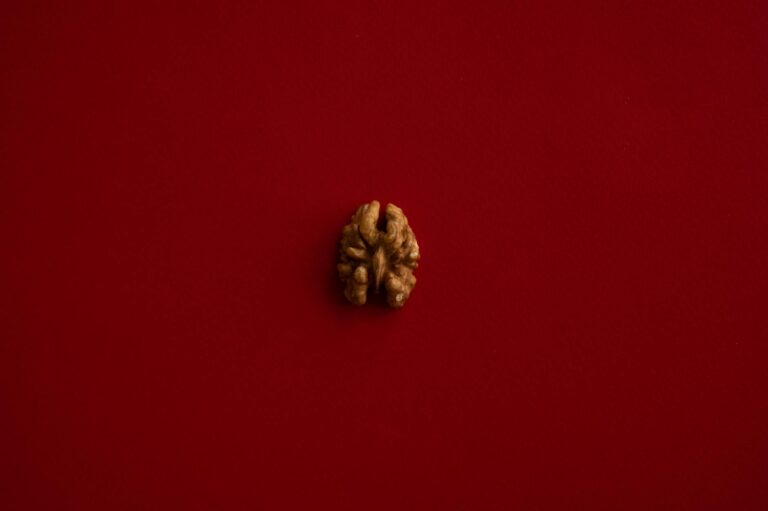Understanding Dementia: Definitions and Types
Dementia is a term used to describe a group of symptoms that affect memory, thinking, and behavior. It is caused by damage to brain cells, which disrupts communication between them. This damage can result from various diseases or conditions, leading to a decline in cognitive function that impacts daily life.
### What is Dementia?
Dementia is not a specific disease but rather a broad term that encompasses several conditions. It is characterized by chronic and usually irreversible cognitive decline. The symptoms of dementia can vary widely among individuals but often include memory loss, confusion, difficulty with problem-solving, and trouble recognizing familiar people or places. As dementia progresses, individuals may struggle with communication, mobility, and performing basic tasks.
### Types of Dementia
There are several types of dementia, each with distinct causes and symptoms:
1. **Alzheimer’s Disease**: This is the most common form of dementia. It involves the formation of amyloid plaques and tau tangles in the brain, which disrupt neuronal communication. Alzheimer’s disease affects memory, thinking, and behavior, and there is currently no cure, though treatments can manage symptoms.
2. **Vascular Dementia**: This type is caused by reduced blood flow to the brain, often due to strokes or small vessel disease. It can result in cognitive decline and may present with symptoms such as difficulty with speech, vision, or movement.
3. **Lewy Body Dementia**: Characterized by abnormal protein clumps called Lewy bodies in the brain, this type can cause hallucinations, sleep disturbances, and fluctuations in cognitive function.
4. **Frontotemporal Dementia**: This involves changes in the front and temporal lobes of the brain, leading to changes in personality, behavior, and language skills.
5. **Mixed Dementia**: Some people may have more than one type of dementia, such as Alzheimer’s combined with vascular dementia.
### Other Forms of Dementia
Dementia can also occur in association with other conditions, such as Parkinson’s disease, Huntington’s disease, and Creutzfeldt-Jakob disease. Additionally, certain metabolic disorders or structural brain issues can lead to reversible forms of cognitive decline, which may not be classified strictly as dementia.
### Younger Onset Dementia
While dementia is more common in older adults, it can also affect younger people. Younger onset dementia refers to dementia diagnosed in individuals under the age of 65. This can present unique challenges, as it may impact employment, family responsibilities, and social interactions.
### Conclusion
Understanding dementia involves recognizing its various forms and how they affect individuals differently. While there is no cure for most types of dementia, early diagnosis and supportive care can significantly improve quality of life for those affected. Ongoing research offers hope for better treatments and management strategies in the future.





